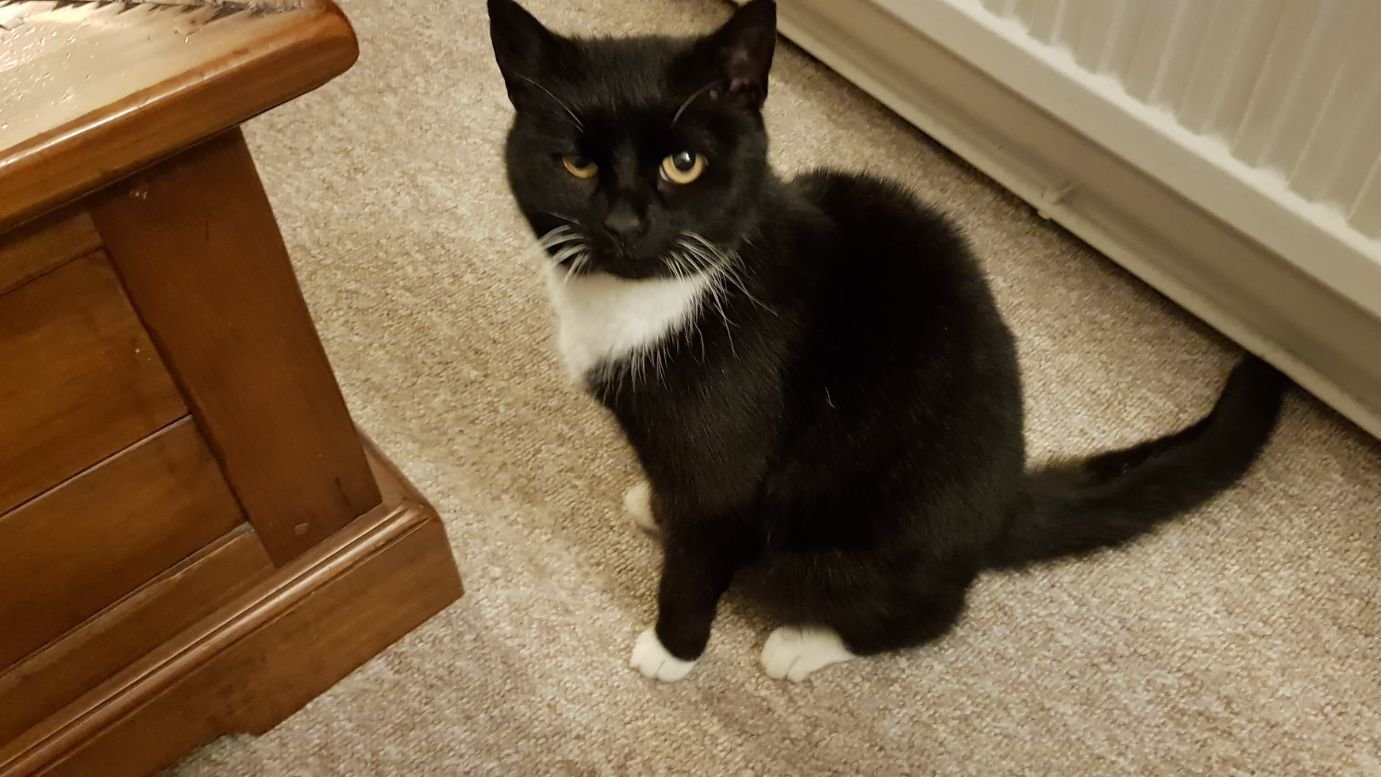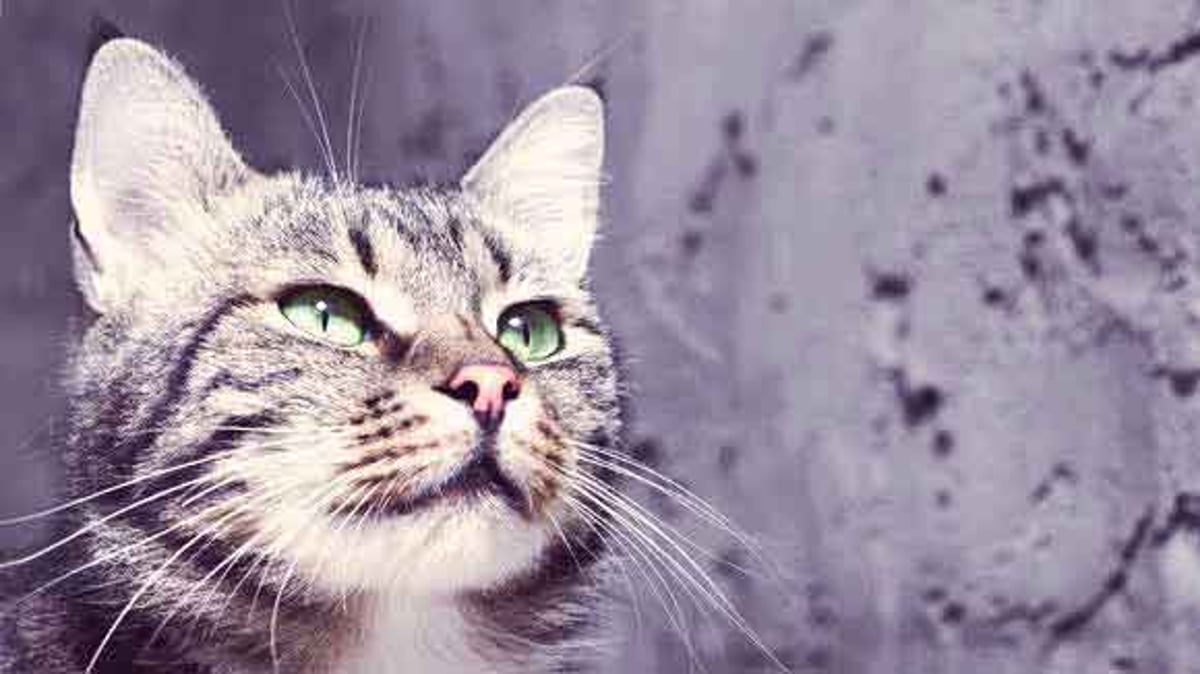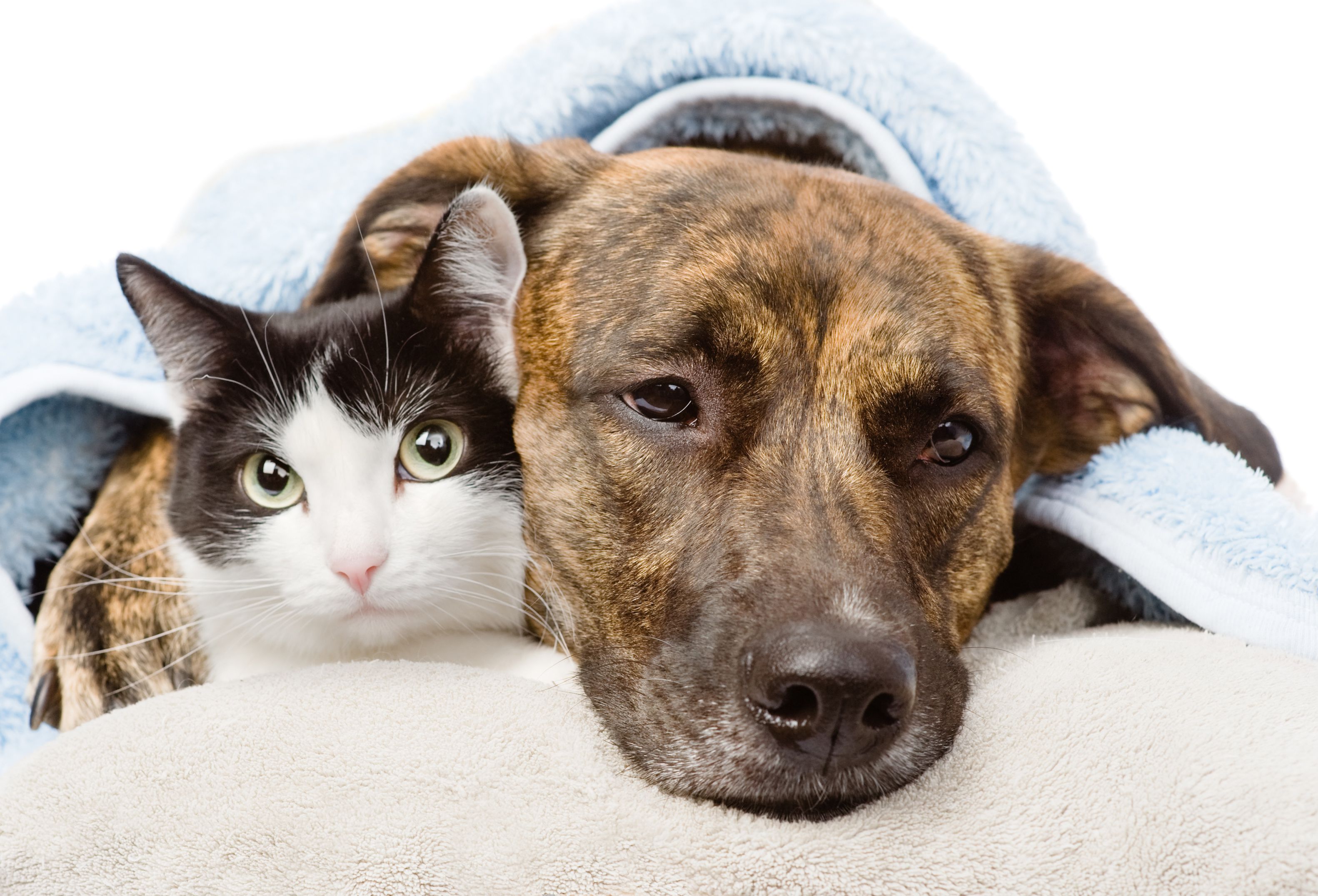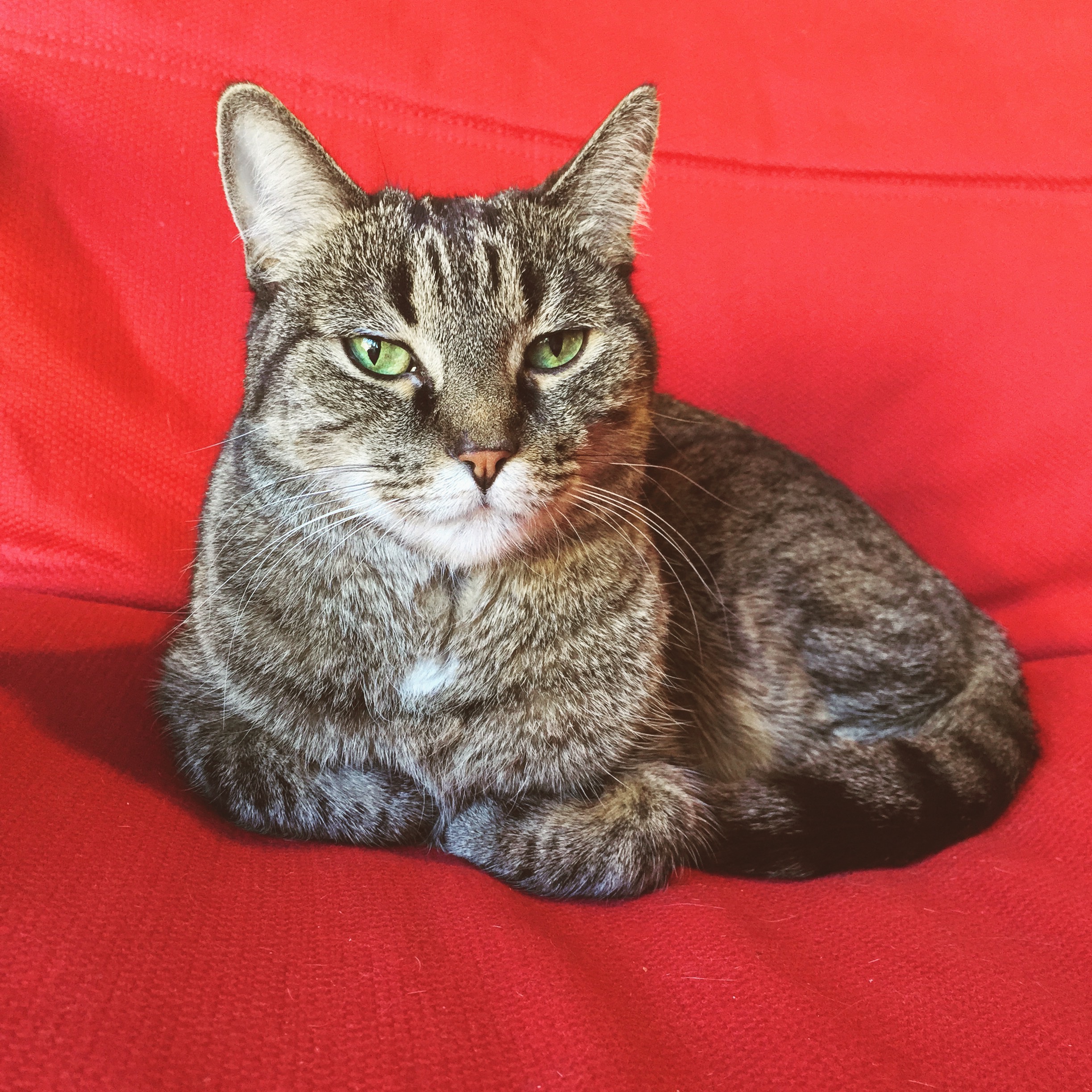Convenia For Cats With Upper Respiratory Infection
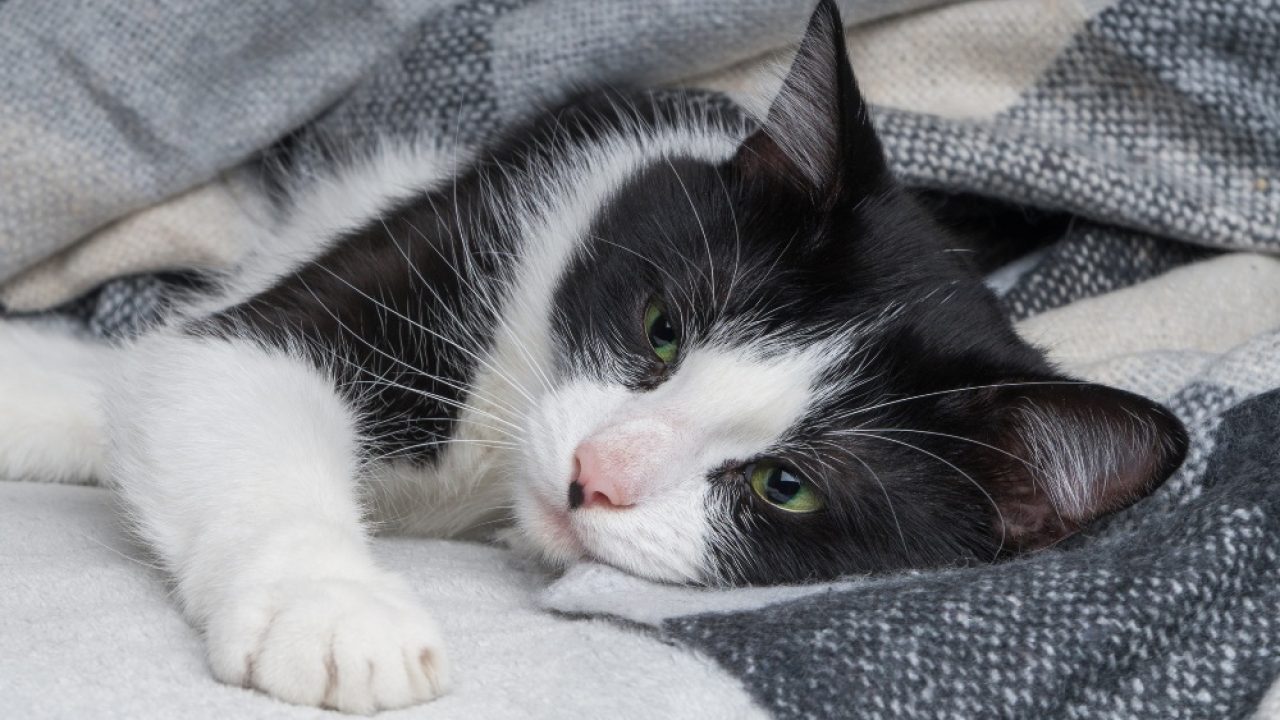
Generally a fever poor appetite.
Convenia for cats with upper respiratory infection. Coli and the Staphylococcus intermedius group46 In 1 study of shelter cats a pradofloxacin protocol was equivalent to amoxicillin for the treatment of suspected bacterial. An injection of CONVENIA delivered by your veterinarian provides your pet with. A new study published in the Journal of the American Veterinary Medical Association looked at how effective Cefovecin Convenia was as an antibiotic when treating upper respiratory infections URTI in cats as compared to oral medicines like Amoxicillin-Clavulinic Acid Clavamox or Clavaseptin or Doxycycline.
Pradofloxacin is a veterinary fluoroquinolone that is approved in some countries for the treatment of acute infections of the upper respiratory tract caused by susceptible strains of P. Convenia is given typically as a single injection which can last up to 2-3 weeks in pets. Common anti-bacterial medications for cats include.
Its a broad-spectrum antibiotic in the simplest terms that means it kills a lot of different kinds of bacteria so it can be used in a wide variety of infected organ systems and clinical and hospital. Convenia is used in cats to treat skin and soft tissue infections such as wounds and abscesses. Convenia manufactured by Zoetis is an injectable long-acting antibiotic that is labeled for the treatment of skin infections in cats and dogs.
However this is not when you would expect to see a difference in the skin. Based on the severity of the infection your veterinarian is best able to predict. Keeping this in view how do you give a Convenia injection.
It exerts its antibacterial effects for approximately 1-2 weeks but stays in the body for over 2 months. As a rule of thumb a sniffly kitty that is still eating active and feeling fine can be watched for a few days. Doing this several times a day as you can will loosen some of the mucus in her head so she can sneeze it out.
Type of infection. Feline chronic bacterial URI. On examination your veterinarian may also check for oral ulcers sometimes caused by FVR and FCV.




